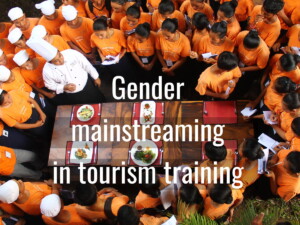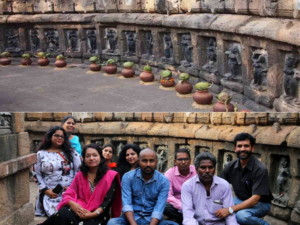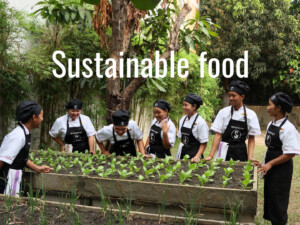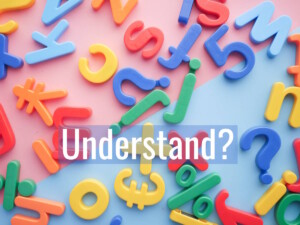Mission vision: Accessible, inclusive tourism for the visually impaired
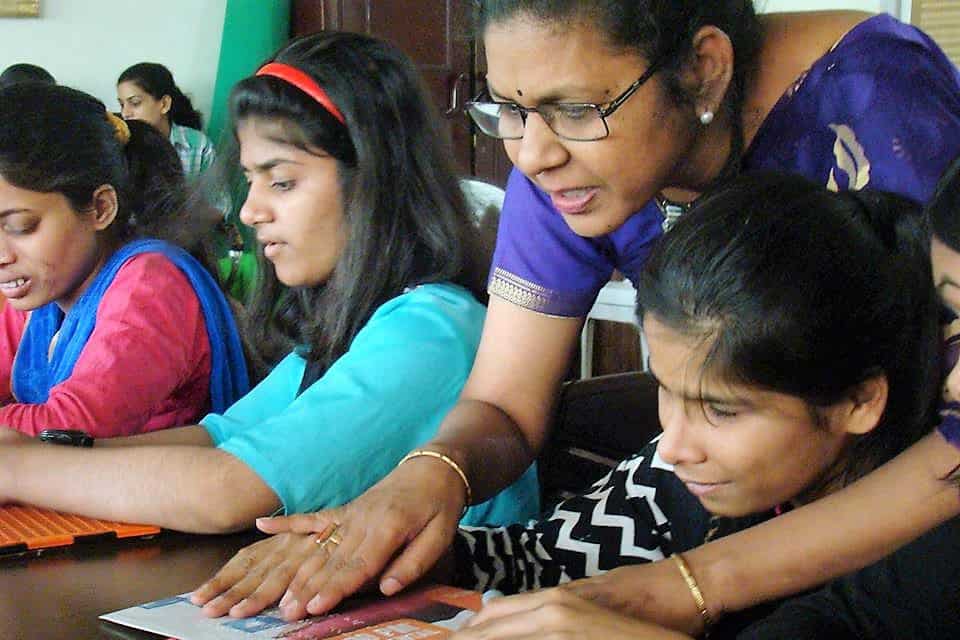
A truly accessible and inclusive tourism industry should view people with disabilities, such as visual impairment, the same as anyone else — as a potentially lucrative market segment and a productive and innovative human resource — according to A Lajwanti Naidu in this “Good Tourism” Insight.
Sensory organs play a vital role in life. Among them, eyes are probably the most important symbolic sensory organ. They can represent clairvoyance, omniscience, and/or a gateway into the soul. Other qualities eyes are commonly associated with are intelligence, light, vigilance, moral conscience, and truth. Not every soul is Hellen Keller nor is every tourism policy designed to make opportunities for work or travel available to visually-challenged people.
Sustainable Development Goal 4 calls for the reduction of persistent educational disparities among citizens, including those with disabilities. In 2016, two thirds of the world’s 957 million people aged 15 and over who were unable to read and write were women. And a large proportion of children 6 to 13 years of age continue to not have any access to formal schooling or even an elementary education.
Now if this is the scenario for the general population, what about among those who suffer from some form of disability, such as blindness? Statistics from the World Health Organization show that some 285 million people are estimated to be visually impaired worldwide: 39 million are blind and 246 million have poor vision. About 82% of people living with blindness are aged 50 and above. And about 90% of the world’s visually impaired live in low-income settings.
This question chanced upon me when I was contemplating the tourism-related vocational skills that could be imparted to people with visual impairment. Also: Can the tourism industry opportunities be made available to those with disabilities? Should that inclusion be a part of “responsible tourism”? And, more generally, how can this planet be made more accessible to the disabled?
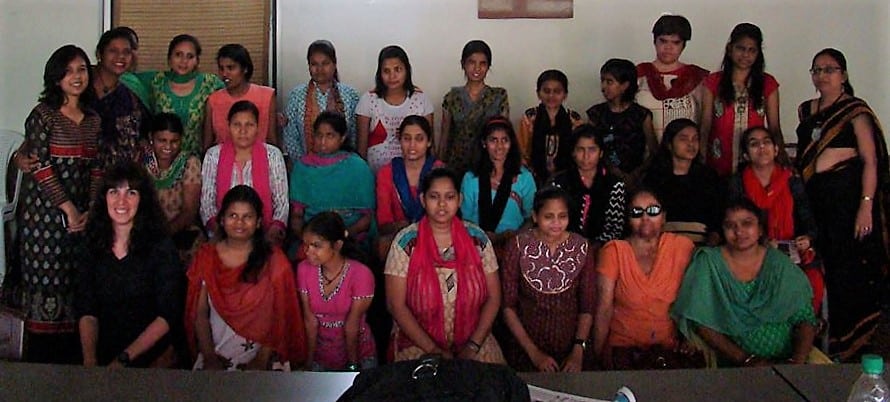
With several of these considerations and contemplations in mind, my encounters with the National Association of the Blind, New Delhi made me comprehend the potential for tourism in developing skills among visually-impaired people. The Association had sought Open Eyes Project’s help to empower visually-impaired people to use their inherent talents and skills within the tourism industry. Open Eyes Project, for which I am a consultant, sponsored a workshop to train 29 students on skills that were useful to the mainstream tourism industry. That was the day I realised that I was the blind person for not previously recognising the great capacity for both productivity and innovation among the visually-impaired.
In view of the above I would like to highlight two Indian organisations as case studies in inclusive tourism and accessible tourism, respectively: Le Travelworld, whose proprietor overcame his own vision impairment to build a successful mainstream travel business; and Planet-Abled, an organisation dedicated to offering accessible travel and leisure solutions to the differently-abled.
Blindness is no barrier to success
Mr Sanjay Dang’s vision has been to write a new chapter in travel & tourism. And his own vision impairment has never slowed him down. His business Le Travelworld has created a sensation in India and so far contributed more than 80 crores (INR800 million ~ USD12.4 million) to the travel industry.
Dang’s degenerative vision disorder started when he was just two years old. He was diagnosed with congenital myopia and had completely lost his vision by the age of 25. Always positive in his outlook, Dang took his blindness as a challenge. He listened to international radio broadcasts to learn about developments the world over. He attended the Army Public School in New Delhi and then went on to study at the Kendra Vidyalayas in Bareilly and Dehra Dun.
Cultural and extracurricular activities became an intrinsic part of his life. Dang won awards in dramatics and also contributed to the school magazine. Travel & tourism fascinated him and began to dominate his thoughts. His desire to learn more about the culture of India and other countries grew. This prompted Dang to work with the general sales agent of Pan Am for a couple of years where he learnt the intricacies of the travel trade.
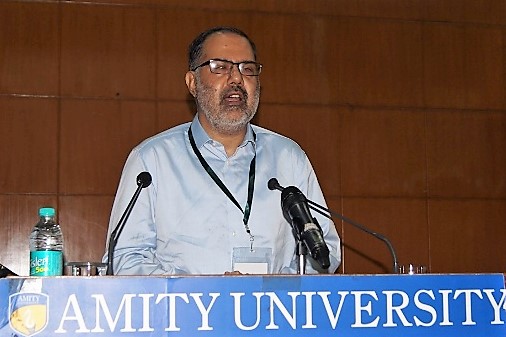
Le Travelworld was the path he chose when he decided to go it alone. The appreciation and accolades that followed made it all the more rewarding for him. He has received major awards from international airlines.
Dang is quick to attribute this success to his family’s support, the focussed outlook of his team, and to some out-of-the-box thinking on his part. He has also evolved skills that, he explains, are normal for a person with vision impairment but come as a real surprise to others.
Dang elaborates: “It is a fact that you will have enhanced memory retention and recall, as other faculties become stronger when your visual functions are not normal. A lot of friends and colleagues tend to ask me for information, such as phone numbers and addresses, which I am able to recall instantly. And, in general, one tends to have a better voice recognition capability than most others.”
Voice recorders and other gadgets have helped him along the way. Dang relies on technology and is well-versed with the latest developments that serve as aids to the visually impaired. “It is pru
dent to keep checking at frequent intervals if these products have come out with newer improved versions as technology is ever changing,” he says.
For someone who is busy at work organising trips for others, Dang is quick to confess that he is himself not much of a traveller. Given a chance, though, it is within India where he most likes to travel; more specifically, to two totally different destinations, Rajasthan and Kerala.
Sanjay Dang is characteristically full of plans and projects for the growth of his business. On the agenda is an online portal that will help increase his agency’s market share. And the world’s radio broadcasts continue to fill his moments of leisure, bringing rhythm to a life of enterprise and endeavour; a life that has translated into moments of reaching out to people all over the world.
Accessibility is a market opportunity
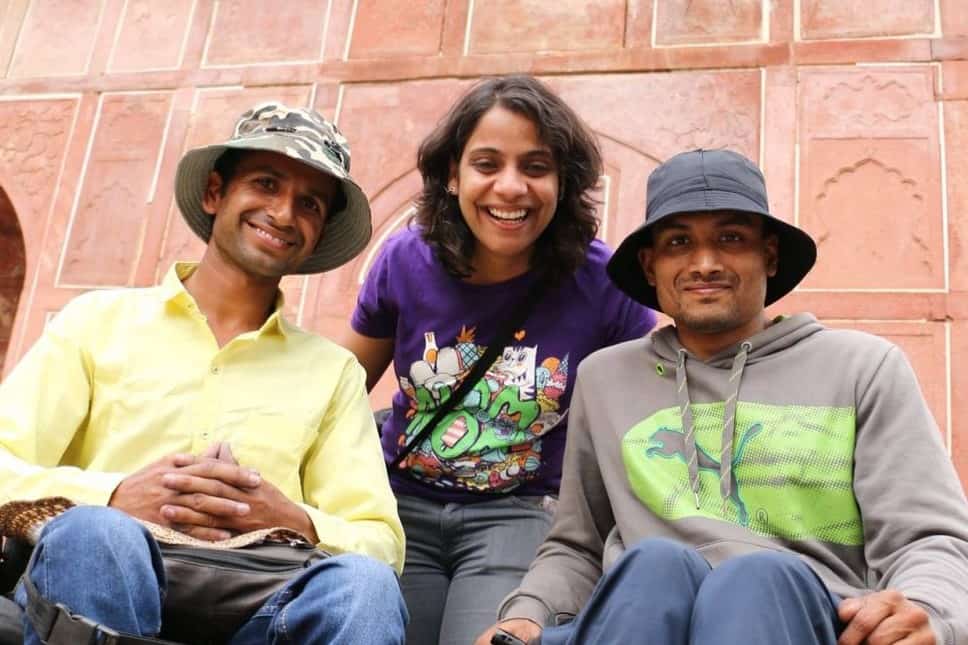
Neha Arora was raised by her blind father and wheelchair-bound mother. Family holidays were a massive challenge and often disappointing.
“You travel 2,000 miles only to realize that the place is not accessible and you can’t go in, or it does not offer the kind of pleasant experience you came for thanks to insensitivity and social stigmas, which persist in the community,” Neha says.
This is why Neha set up Planet-Abled, which provides accessible travel solutions and leisure excursions for people with different disabilities. Planet-Abled has brought a paradigm shift in the lives of people who are disabled and challenged.
“The idea behind this initiative is that travel is not a privilege but a basic human right,” Neha says. “The differently-abled don’t want sympathy but need empathy. They just want to be treated like normal people.”
Neha continued: “As a society we lack both sensitivity and awareness. If people with disabilities are seen around more, it may create awareness in society. Instead of staying inside, they should come out in the open and be seen in malls, stadiums, etc., and travel like everyone else. Once, twice, maybe thrice people will pass comments or give them strange looks but eventually seeing the disabled everywhere would become a normal sight. In this way, over time, acceptance and sensitivity would develop among the regular population,” Neha adds.
Prosperous and happy
As the adage in Sanskrit goes, Loka samanstha Sukinobhvanthu (“Let the world be a prosperous and a happy place to live”), the above cases give us an “insight into sight” and “mission to vision” to make the world an inclusive, accessible, sustainable and responsible planet to live and let live.
Featured image: The author, A Lajwanti Naidu, guides a workshop participant at the National Association of the Blind, New Delhi. Source: Supplied by author.
About the Author
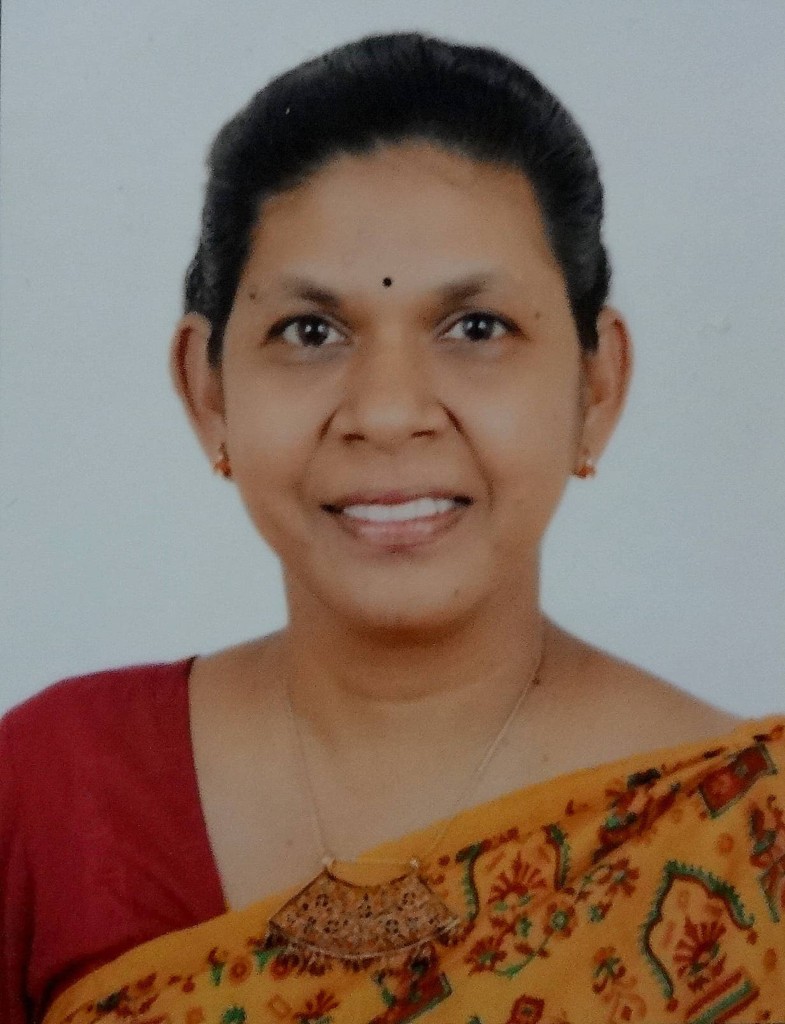
Addala Lajwanti Naidu is an academic and a prolific writer on responsible tourism, including issues related to skill development, economic impact, climate change, poverty alleviation, the employment opportunities of the visually challenged, sustaining local communities with art and culture, conservation of the arts, and tourism industry integration. With an acumen for teaching and skill development and a proponent of the idea that tourism is a tool for poverty alleviation, A Lajwanti Naidu is a consultant on responsible tourism with Open Eyes Project, a social enterprise that organises sustainable trips in India.


